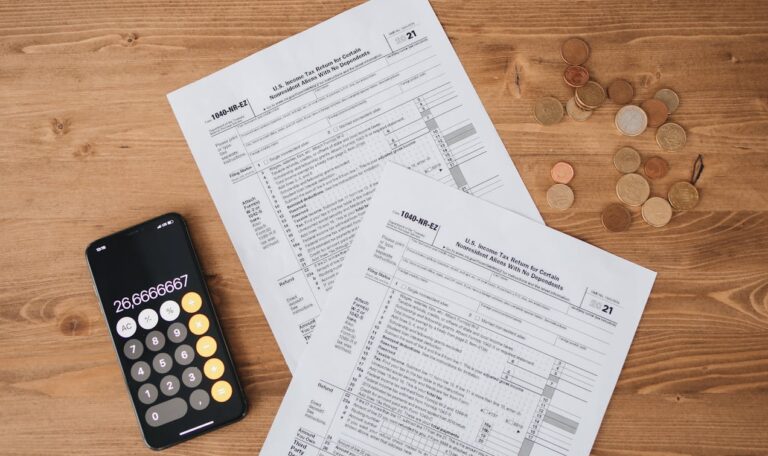If you’re expecting to receive payments where TDS will be deducted at standard rates, but your actual tax liability is lower or zero, you can apply..


If you’re expecting to receive payments where TDS will be deducted at standard rates, but your actual tax liability is lower or zero, you can apply..

Receiving a notice from the Income Tax Department can be stressful, but most notices are routine and manageable if handled correctly. Whether it’s for missing documents,..

Banks in India deduct Tax Deducted at Source (TDS) on interest income earned from fixed deposits, recurring deposits, or savings interest (in some cases). If your..

Filing your Income Tax Return (ITR) is a key part of financial compliance in India. With the government’s push for digital services, individuals and businesses can now..

Tax Deducted at Source (TDS) is a crucial compliance obligation under Indian income tax law. It ensures advance collection of tax at the time of payment,..

Under the Income Tax Act, 1961, certain taxpayers must get their accounts audited by a Chartered Accountant and submit a Tax Audit Report. This audit requirement,..

Non-Resident Indians (NRIs) often assume they are exempt from filing taxes in India – but this is not always true. The Income Tax Act, 1961, clearly..

Section 80C of the Income Tax Act, 1961 is the most commonly used tax-saving section by individual taxpayers in India. It allows deductions up to ₹1.5..

Filing an Income Tax Return (ITR) in India is not just a legal formality – it helps establish financial credibility, unlocks refund claims, and supports visa,..

If your business engages in transactions with foreign affiliates or related domestic entities, Transfer Pricing (TP) compliance is a legal necessity. India’s TP regulations aim to ensure..